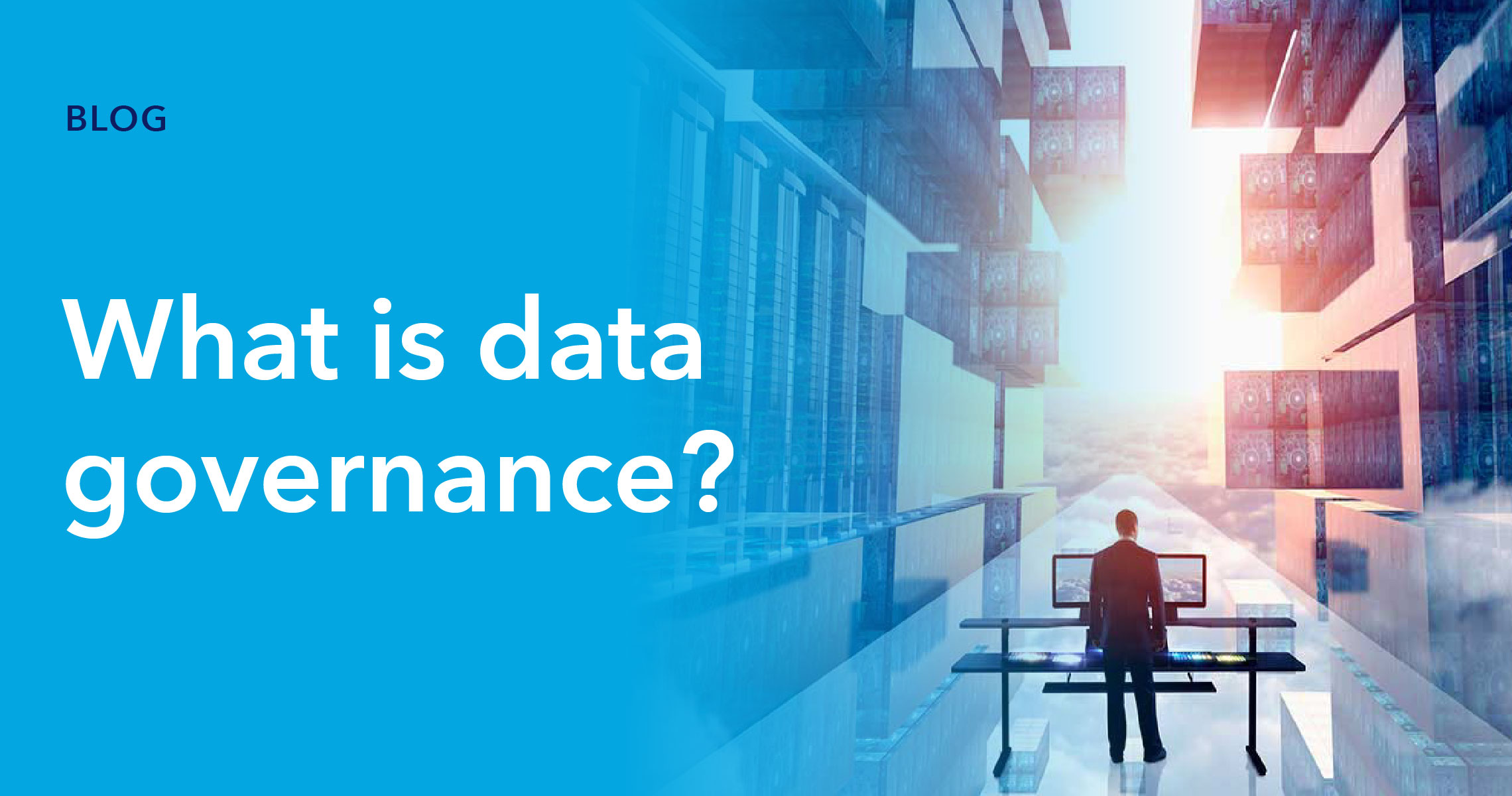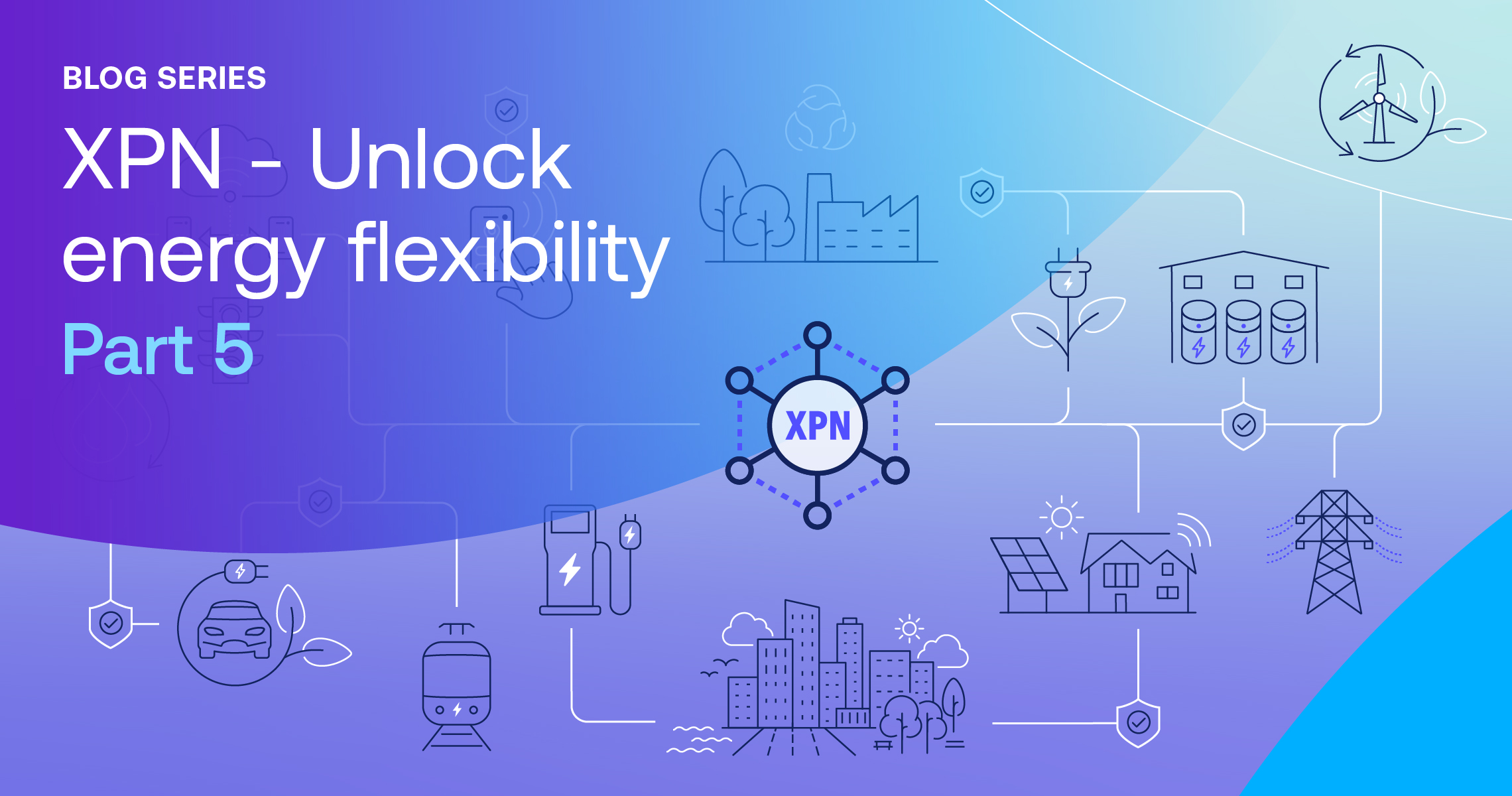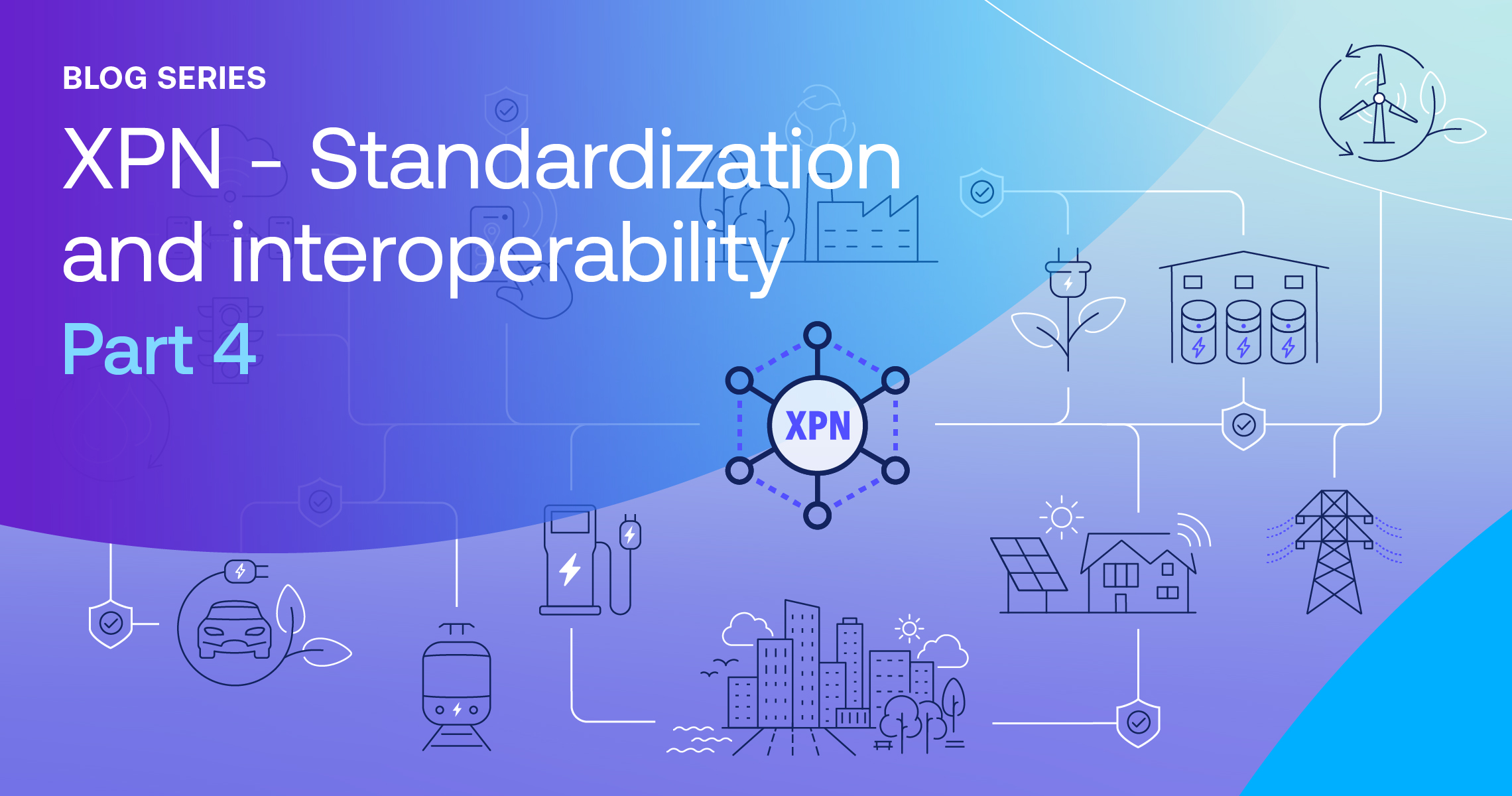Defining the impact of data governance on data platforms
Data governance is a primary focus in today’s fast-paced, competitive IT environments. This is no small part because corporate data platforms require master data management and expert data stewardship. So how does data governance come into play?
We could all get a lot more done if we didn’t pay any attention to the dangers. Employees could always have access to corporate data, no matter where they are. They could share client data between teams in any way that gets the job done faster. Even the tech teams would benefit from no longer needing to back up any corporate data. They could get more done on other projects instead of worrying about the particulars of data integrity or data quality.
But wait! What about cyber attacks? Cybercriminals are becoming increasingly smarter and more harmful in attacking confidential corporate data. Also, what about major disasters, such as power outages? Without a set of data standards in place, any of these situations could quickly bring a company to its knees.
A set of standards for master data management
Data governance should be a priority for any company that wants to protect its corporate data from cybercriminals, disasters, and improper or illegal usage. Having a robust data governance plan in place strengthens a company’s processes around collecting, storing, and securing their data. These company-wide standards should be designed to act as a roadmap for employees who need to handle sensitive data. Some of these master data management policies may cover:
- Secure data storage
- Data integrity through proper back-up processes
- Granting and restricting data access
- Making users who handle data sets accountable for their actions
- Maintaining data quality
- Keeping data secure from external and internal threats
- Providing consistent, accurate data with continuous maintenance and system monitoring
- Ensuring data complies with all data governance laws such as GDPR, CCPA, PSD2, or HIPAA
Trustworthy data governance technology
Establishing a data governance framework is essential for maintaining business compliance, and a primary element for making data available, usable, and secure. The Intertrust Platform enables organizations to securely share their data within their organization, with partners, customers, and other identified stakeholders—seamlessly and without disruptions. The Platform supports business processes and new business models that rely on interoperability and trust.
For data processing, the Intertrust Platform employs data governance access in acquiring, storing, and securing access to data types. It supports various data types, such as metadata, and n-dimensional arrays. This data management technology includes the following features:
- Database and Network Protocols—Extensible support for network and database protocols. This support includes HTML, FTP, ODBC, OpenDAP, and JDBC.
- Compressed Data Storage—A scalable, elastic data storage solution which lowers the TCO of storage on-premise or in the cloud.
- Data Pipelines—Data pipelines can handle both streaming and batch processing.
- Search, Query, Access—Corporate data can be searched, accessed, and queried through RESTful API.
The Platform’s Secure Execution Environments feature protects corporate data, enabling the inclusion of data analytics partners, monitoring distributed data, and avoiding unwanted data duplication. The Secure Execution Environments also enable computation of remote, disparate datasets, so corporate data does not need to be moved to a central location to be processed.
Revolutionize data governance
Data distribution is included as a part of the Intertrust Platform. The data distribution system is ideal for managing customer-vendor relationships and partnerships, such as data exchanges. It also enables your company to create commercial marketplaces and data hubs. The data distribution API infrastructure empowers companies to serve hundreds of thousands of clients with real-time messages. With a data marketplace, companies can include features such as purchase management and paid plans.
With cross-cloud interoperability, trusted data exchanges, comprehensive master data management, and bleeding-edge business models, the Intertrust Platform is equipped to support every company’s data ecosystem. To find out how Intertrust Platform can help you manage all your company’s corporate data governance needs, you can learn more here or talk to our team.
Editor’s note: This blog was originally published in October, 2019. It has been extensively revised and updated.
About Abhishek Prabhakar
Abhishek Prabhakar is a Senior Manager ( Marketing Strategy and Product Planning ) at Intertrust Technologies Corporation, and is primarily involved in the global product marketing and planning function for The Intertrust Platform. He has extensive experience in the field of new age enterprise transformation technologies and is actively involved in market research and strategic partnerships in the field.





